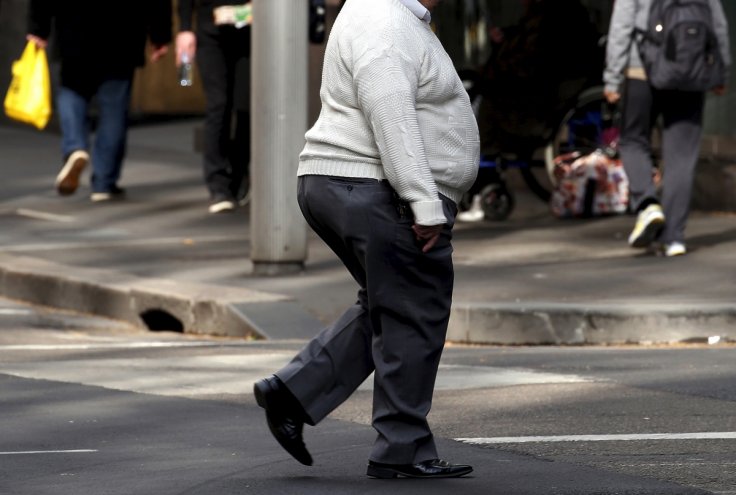Are you planning to lose extra weight around the waist area? These researches have a solution to your regular troubles associated with weight issues. As per researchers, eating dinner late at night might lead to high blood sugar levels exposing people at increased risk of becoming overweight.
The study that was published in the Journal of Clinical Endocrinology and Metabolism states 2.1 billion adults are estimated to be overweight or obese, which creates health complications like diabetes and high blood pressure. A few studies also suggest that the consumption of calories late is associated with metabolic syndrome and obesity.
How Eating Late Dinner Affect Glucose Tolerance

The study author Jonathan C. Jun from the Johns Hopkins University in the US mentioned, "This study sheds new light on how eating a late dinner worsens glucose tolerance and reduces the amount of fat burned. The effect of late eating varies greatly between people and depends on their usual bedtime."
"This shows that some people might be more vulnerable to late eating than others. If the metabolic effects we observed with a single meal keep occurring chronically, then late eating could lead to consequences such as diabetes or obesity," Jun also said.
Researchers Conducted Study With 20 Individuals
The researchers conducted their study with 20 healthy volunteers including 10 men and the same number of women to see how they metabolized the dinner eaten at 10 pm compared to that of 6 pm. The volunteers went for sleep at 11 pm. The researchers got to know that the blood sugar levels were higher while the amount of ingested fat that was burned was lesser with the people who had late dinner, even when the same meal was provided at two different times.
The study showed that the peak glucose level was around 18 percent higher on average and the fat burned overnight declined by about 10 percent compared to eating dinner earlier. "The effects we have seen in healthy volunteers might be more pronounced in people with obesity or diabetes, who already have a compromised metabolism," the first author of the study Chenjuan Gu mentioned.
"We still need to do more experiments to see if these effects continue over time, and if they are caused more by behavior (such as sleeping soon after a meal) or by the body's circadian rhythms," the study read.









